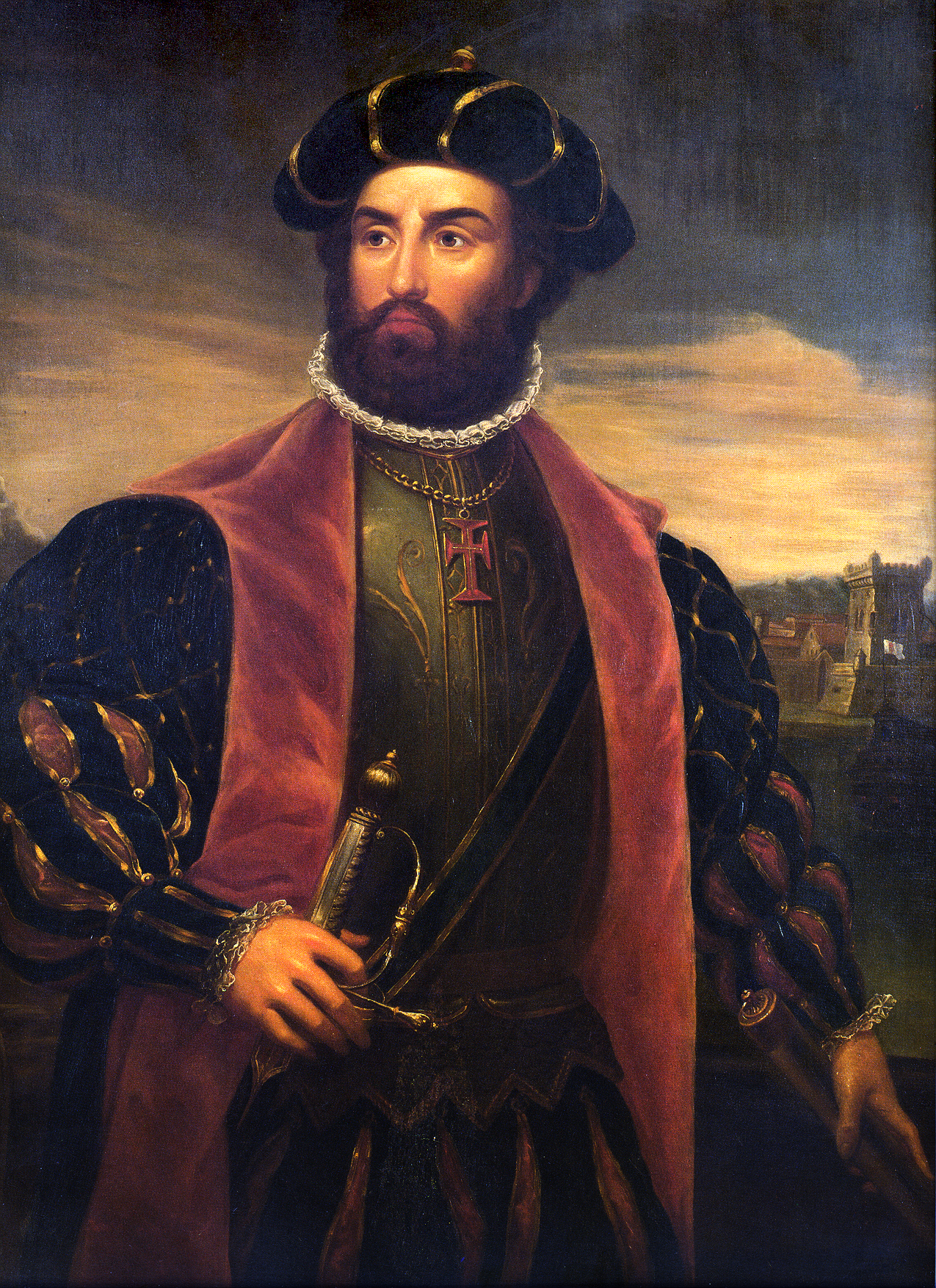The knowledge about Indian history would be incomplete without studying about the Mughals. The Mughal empire was significantly important to Indian history along with the arrival of the Europeans. This is why this is often asked in Banking and other such exams. Let us take a look.
Suggested Videos
Mughal Empire
The Delhi Sultanate ended with the arrival of Babur, the first ruler of the Mughal empire. The Mughal rule over the Indian subcontinent would last from 1526 all the way to 1857. The rule of the Mughals brought about very significant changes in Indian society and culture.
It was also during the Mughal empire our prospered. Let us take a look at few of the most significant rulers of the Mughal empire.
- Babur: The first Mughal ruler, he defeated the last Delhi sultan in the Battle of Panipat.
- Akbar: Later known as “Akbar the Great” he was by far the most important ruler of the Mughal empire. He ascended to the throne at the age of 14 and fought many battles to protect his kingdom. He did not believe in religious discrimination and founded a religion known as Din-i-Ilahi, a religion which included elements of Hinduism, Islam, and others as well
- Shah Jahan: Shah Jahan is most famous for his contribution to the architecture of India. Other than the Taj Mahal, his contributions include the Red Fort, Jama Masjid, and many others
- Aurangzeb: A known tyrant, Aurangzeb was the last of the prominent leaders of the Mughal empire. After his reign ended in 1707, Mughal empires downfall began.
Maratha Empire
The Maratha empire began with the Shivaji Maharaj coming to power in 1674. Based in the Deccan region of western India, the Maratha warriors played a large part in the decline of the Mughal empire. It all started when Shivaji Maharaj challenged the rule of the Mughal empire and built his own kingdom.
For years after Shivaji Maharaj, the Maratha and the Mughal empire were at war with each other. Their power and the territory under their control reached its peak in the 1760s. Their last ruler was Peshwa Bajirao II.
The Advent of European Commerce

The first visitors from Europe in India were not Britishers, but it was the Portuguese. They came with intentions to trade, but soon they began to see themselves as potential rulers. By the end of the 16th century, the Portuguese controlled some major regions of India- Goa, Daman, Dui and some other regions of the West coast.
Seeing the success Portuguese traders were enjoying, the English saw the immense opportunity India provided. And so the East India Company came to India in 1599. They received royal patronage from the Mughal emperor and thus began establishing ports and factories all over India.
Following the East India Company, even the Dutch and the French followed suit. They also set up trading routes to India but could not match the might of the British and their power gradually declined.
Solved Questions for You
Q: Which new tax system did Akbar form?
- Zabti
- Todarmal
- Dahsala
- None of the above
Ans: The correct answer is C. Akbar was known to be a just ruler. So as to not unfairly tax the masses he came up with a new taxation system known as Dahsala. The tax was paid in cash at one-third of the average produce of the last ten years. And in the years of drought or failed harvest, farmers were given some respite.
Q: Who fought against Humayun in the Battle of Chausa?
- Akbar
- Shivaji Maharaj
- Hemu
- Sher Shah Suri
Ans: The correct answer is D. The battle of Chausa was fought in 1539 between Humayun and Sher Shah Suri. Humayun actually lost the battle and had to retreat to Kabul. However, Humayun came back almost a decade later and defeated the son of Sher Shah Suri to regain control of the empire.
Q: Which Mughal emperor banned the consumption of alcohol?
- Aurangzeb
- Shah Jahan
- Akbar
- None of the above
Ans: The correct option is A. Aurangzeb was a devout follower of Islam. He was also intent on establishing Islamic law all throughout his kingdom. It was his intention to suppress all other religions. Keeping with the Islamic law traditions he banned alcohol, drugs, music etc from his empire.
Q: Which famous Mughal general did Shivaji Maharaj kill?
- Afzal Khan
- Shaista Khan
- Aurangzeb
- None of the above
Ans: The correct answer is A. Afzal Khan was a trusted general of Adilshah. He requested a private meeting with Shivaji Maharaj. Shivaji Maharaj came prepared to be attacked, and in the fight that followed he managed to wound and kill Afzal Khan. This was followed by the Battle of Panipat II, which was won by Shivaji Maharaj.
Practice Questions
Q: Which emperor imprisoned his own father to access the throne?
- Shah Jahan
- Babur
- Humayun
- Aurangzeb
Ans: D
Q: In which year was the Taj Mahal completed?
- 1653
- 1632
- 1678
- 1532
Ans: A
Q: Which Maratha leader was kept prisoner by Aurangzeb?
- Shivaji
- Sambhaji
- Chhatrapati Shahu
- Bajirao
Ans: C
Q: Which town did the French take over in 1674?
- Goa
- Calicut
- Pondicherry
- Daman
Ans: C
Q: The East India Company got permission from which ruler to set up factories in his kingdom?
- Jahangir
- Birbal
- Shah Jahan
- Akbar
Ans: A
Q: Who was the first Portuguese explorer to come to Inda?
- Marco Polo
- Vasco Da Gama
- Tomas Roe
- None of the above
Ans: B






Leave a Reply